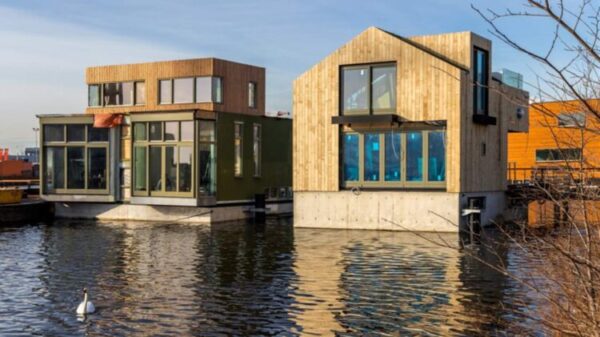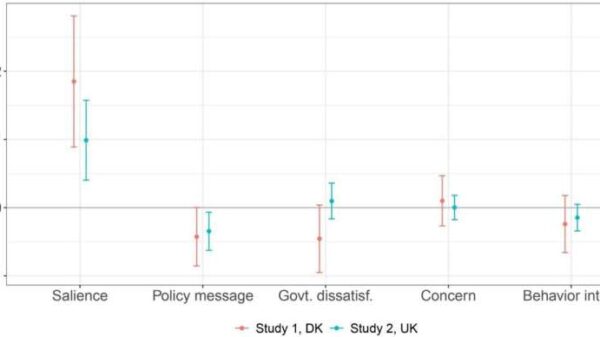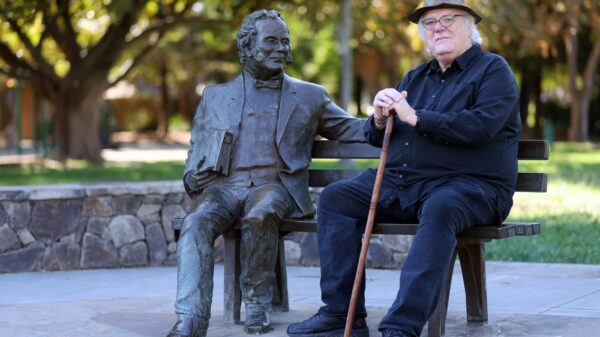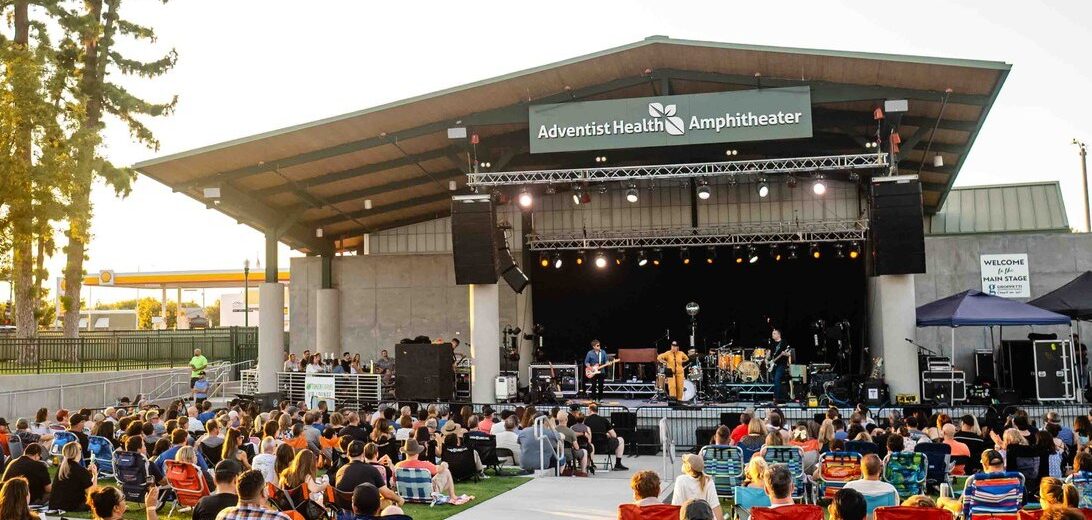The City of Tulare is utilizing its general fund reserves to support the operational costs of the newly opened Adventist Health Amphitheater. This strategic move aims to ensure the venue’s long-term viability while it strives to establish itself as a self-sustaining entity over the next few years. Opened in May, the amphitheater has already drawn visitors from across the United States, including attendees from 18 different states and over 200 cities.
Tulare’s city manager, Marc Mondell, emphasized the importance of balancing costs with revenues generated from the concert series. He anticipates that it may take up to three years for the amphitheater to stabilize financially, noting that ticket sales are currently at approximately half of projected levels. “I told the city council from the beginning, this is going to take us about three years to stabilize this facility,” Mondell stated.
Despite the challenges, local attendance has been notably low, with only about 6% of concert attendees being residents of Tulare. Mondell expressed optimism about increasing local participation, saying, “We monitor all of those things and we keep tweaking them. We want to continue to show this to people, try to attract more sponsors.”
To boost attendance, Todd Speelman, the owner and lead producer of Spade Entertainment, which promotes events at the amphitheater, is investing heavily in marketing. “We’re investing a lot of money in marketing to try to take it up a notch,” Speelman explained. His team is also leveraging sponsor databases to send special offers and engage potential attendees.
The city has set a goal of attracting between 35,000 and 50,000 visitors annually to the venue and surrounding downtown area. These visitors contribute to local revenue through hotel, sales, and gas taxes. Mondell noted that while the ticket sales have started slowly, he remains hopeful that with adjustments and improvements, attendance will increase significantly within the next year or two.
In July, the City Council approved a resolution to use up to $400,000 from general fund reserves to cover initial operational expenses. Mondell clarified that this decision was based on the anticipated revenue from naming rights payments, stating, “My recommendation was to use that naming rights money to cover these expenses.”
Beyond concerts, the amphitheater has hosted a variety of community events, such as free concerts featuring regional talent, yoga classes, and even a line dancing class. These diverse offerings aim to engage the community and establish the amphitheater as a versatile venue. “We have other parties, nonprofit events, and school plays or musical productions,” Mondell added.
Looking ahead, the amphitheater plans to expand its programming beyond music events. Speelman mentioned that they are organizing a four-day Christmas event and collaborating with other promoters along the West Coast to bring additional events to Tulare.
With a capacity of 5,500 people, the amphitheater’s programming decisions are influenced by factors such as venue size, technical capabilities, and artist fees, which can range from $25,000 to $150,000 per show. Mondell stressed the need for patience in achieving profitability, stating, “When you start a new business, most typically it’s not profitable from year one. Our goal is to eventually cover our costs.”
As the City of Tulare navigates this early phase of the Adventist Health Amphitheater, officials are committed to monitoring financial and economic impacts, ensuring that the venue can thrive as a cornerstone of community engagement and entertainment in the years to come.




































































